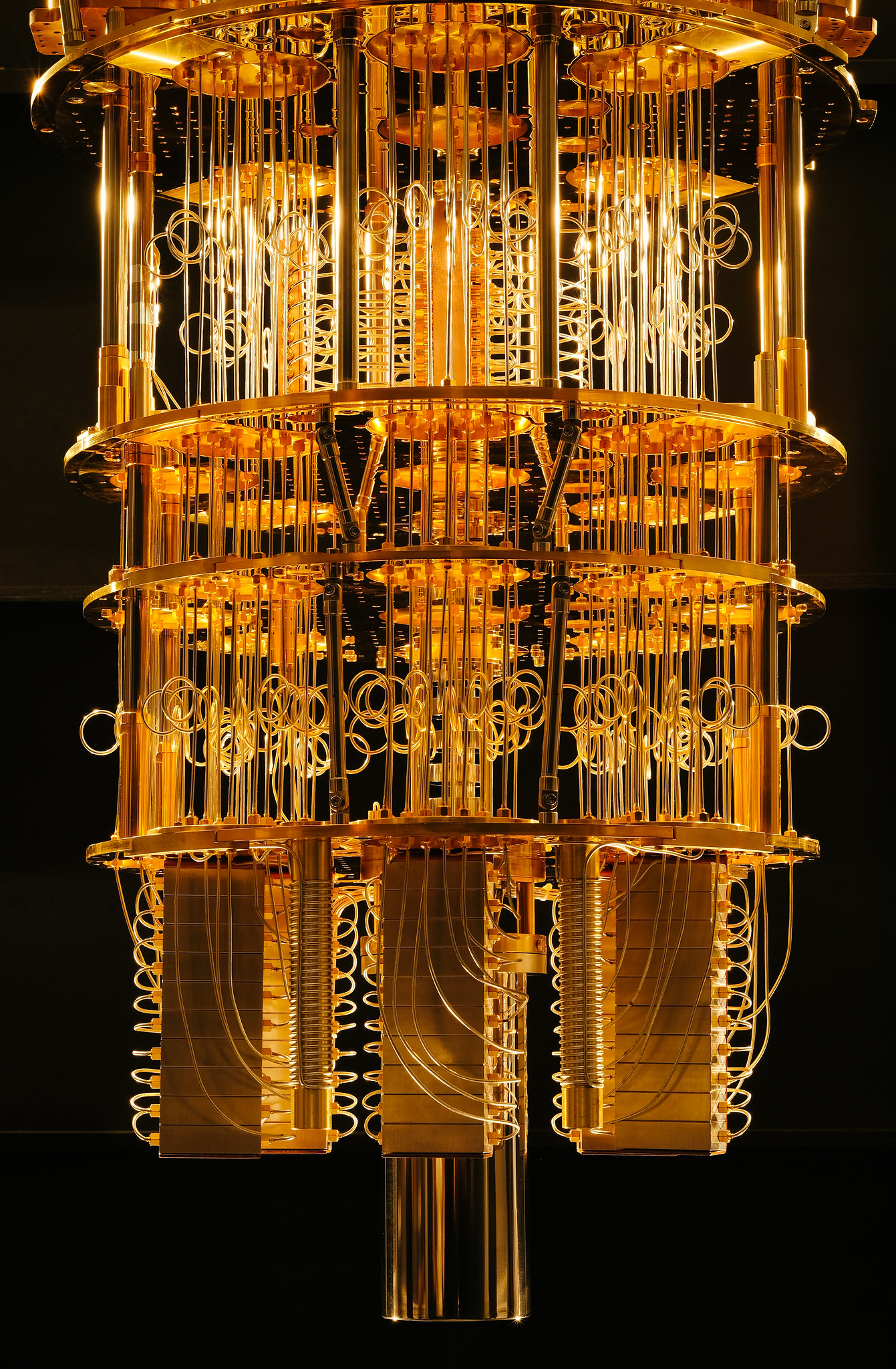In quantum computing, “coherence” is of utmost importance. Coherence refers to the ability of quantum bits, or qubits, to maintain their quantum states without interference. Quantum computers hold the potential to revolutionize various fields, such as climate prediction, drug discovery, and material design, by solving complex problems that were previously insurmountable.
A groundbreaking achievement in quantum computing has been realized by a team led by the U.S. Department of Energy‘s Argonne National Laboratory. They have extended the coherence time of a novel type of qubit to an impressive 0.1 milliseconds, nearly a thousand times better than the previous record. This research was published in the journal Nature Physics.

Unlike classical bits, qubits can exist in both states, 0 and 1, simultaneously. Maintaining this mixed state for a sufficiently long coherence time is essential for quantum computations. The challenge lies in protecting the qubit from disruptive environmental noise. The team’s qubits, known as charge qubits, encode quantum information in the electron’s charge states. These qubits are promising because of their simplicity in fabrication and operation, making them cost-effective for building large-scale quantum computers.
The key to the team’s success lies in isolating single electrons on an ultraclean solid neon surface in a vacuum. Neon’s unique properties, such as resistance to environmental disturbances, guarantee a long coherence time for the electron qubits. This coherence time of 0.1 milliseconds is a significant advancement, allowing for precise control and readout of qubit states. Additionally, the team has achieved a pivotal milestone in demonstrating the coupling of two-electron qubits, a crucial step toward two-qubit entanglement and universal quantum computing. Ongoing research aims to extend the coherence time further and enhance qubit scalability, promising exciting prospects for the future of quantum computing.
References
- Harmon, J. & Argonne National Laboratory. (2023, October 26). New quantum computing architecture achieves electron charge qubit with 0.1 millisecond coherence time. Phys.Org. https://phys.org/news/2023-10-quantum-architecture-electron-qubit-millisecond.html
- Zhou, X., Li, X., Chen, Q., Koolstra, G., Yang, G., Dizdar, B., Huang, Y., Wang, C. S., Han, X., Zhang, X., Schuster, D. I., & Jin, D. (2023). Electron charge qubit with 0.1 millisecond coherence time. Nature Physics, 1–7. https://doi.org/10.1038/s41567-023-02247-5











